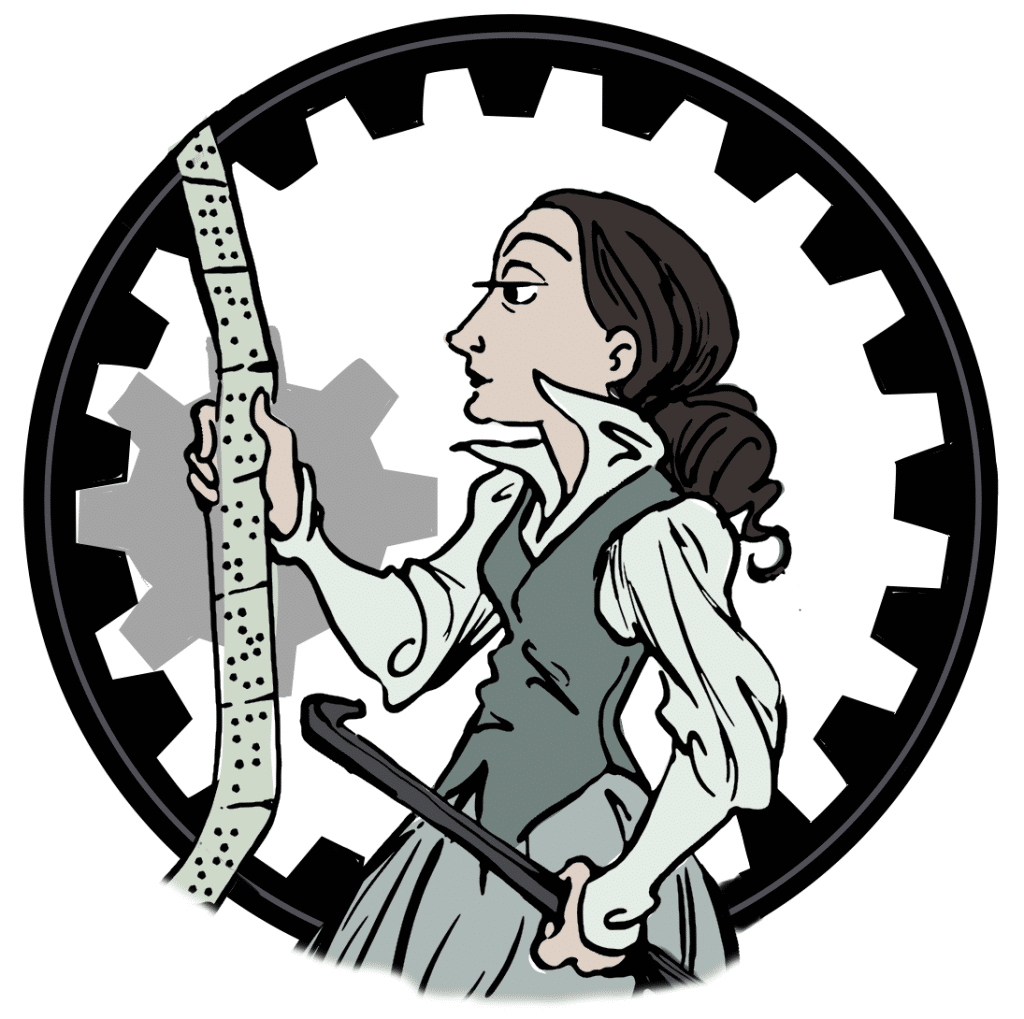Subscribe to our newsletter
New Online Tools to Empower Women Working in STEM Receive Catalyst Grant
 Today we are very pleased to announce the award of a ‘Catalyst Grant’ to enable Ada Lovelace Day (ALD) to launch two innovative online, interactive tools to help advance women’s achievements in science, technology, engineering and maths (STEM).
Today we are very pleased to announce the award of a ‘Catalyst Grant’ to enable Ada Lovelace Day (ALD) to launch two innovative online, interactive tools to help advance women’s achievements in science, technology, engineering and maths (STEM).
On Ada Lovelace Day, 13th October 2015, Digital Science and ALD will mark the bicentenary of Lovelace’s birth with a programme of activities, events and celebrations, including an expert panel event with scientists, technologists and mentors in the STEM fields.
To coincide with the celebrations, the Catalyst Grant award will enable ALD to develop and launch tools aimed at supporting girls and women in STEM, helping them to develop their careers, and also benefiting scientific progress through increased diversity.
The tools to be developed through the Digital Science Catalyst Grant include:
- A new events database, which will make it easy for organisers to share their ALD events, and for participants to find celebrations near them.
- A further resources database will provide easy access to essential information for women in STEM, including details of professional and grassroots organisations, funding opportunities and relevant research.
Each year, ALD hosts a flagship science cabaret event in London, while independent groups put on their own events around the world. This year, Ada Lovelace Day Live! will take place at Conway Hall in London, the world’s oldest surviving free thought organisation, on October 13th. ALD is also aiming to encourage over 100 independent events across all seven continents.
The Catalyst Grant Program helps companies or individuals with an innovative idea to support scientific research to develop their initiative, by awarding a monetary grant. The award to ALD is the second Catalyst Grant to be awarded this year; the first recipient was Penelope, a London based technology company helping publishers improve the quality of scientific research reporting.
Who was Ada Lovelace?
Augusta Ada King, Countess of Lovelace, was an English mathematician and writer, chiefly known for her work on Charles Babbage’s early mechanical general-purpose computer, the Analytical Engine. Her notes on the engine include what is recognised as the first algorithm intended to be carried out by a machine – making her the first computer programmer in history. She was also the first person to understand that a computing machine could be a tool for creativity, able to make music and art with the right data and algorithms.
Suw Charman-Anderson, founder of Ada Lovelace Day adds:
“Ada Lovelace Day is privileged to share the Digital Science Catalyst Grant. This funding will allow us to expand the resources section of our website to provide a global database of information that women can use to develop their STEM careers. Including data on organisations for women in STEM, grants, scholarships, fellowships, research and media coverage, it will help women at all stages of their career to find the support, funding and inspiration they need, and help businesses understand more clearly the challenges that women face in STEM.”
Steve Scott, Director of Research Tools at Digital Science says:
“This year’s decision was our toughest yet, with a field of over 30 entries to consider. However, ALD stood out and we’re proud to have an opportunity to help grow and promote the initiative.”
